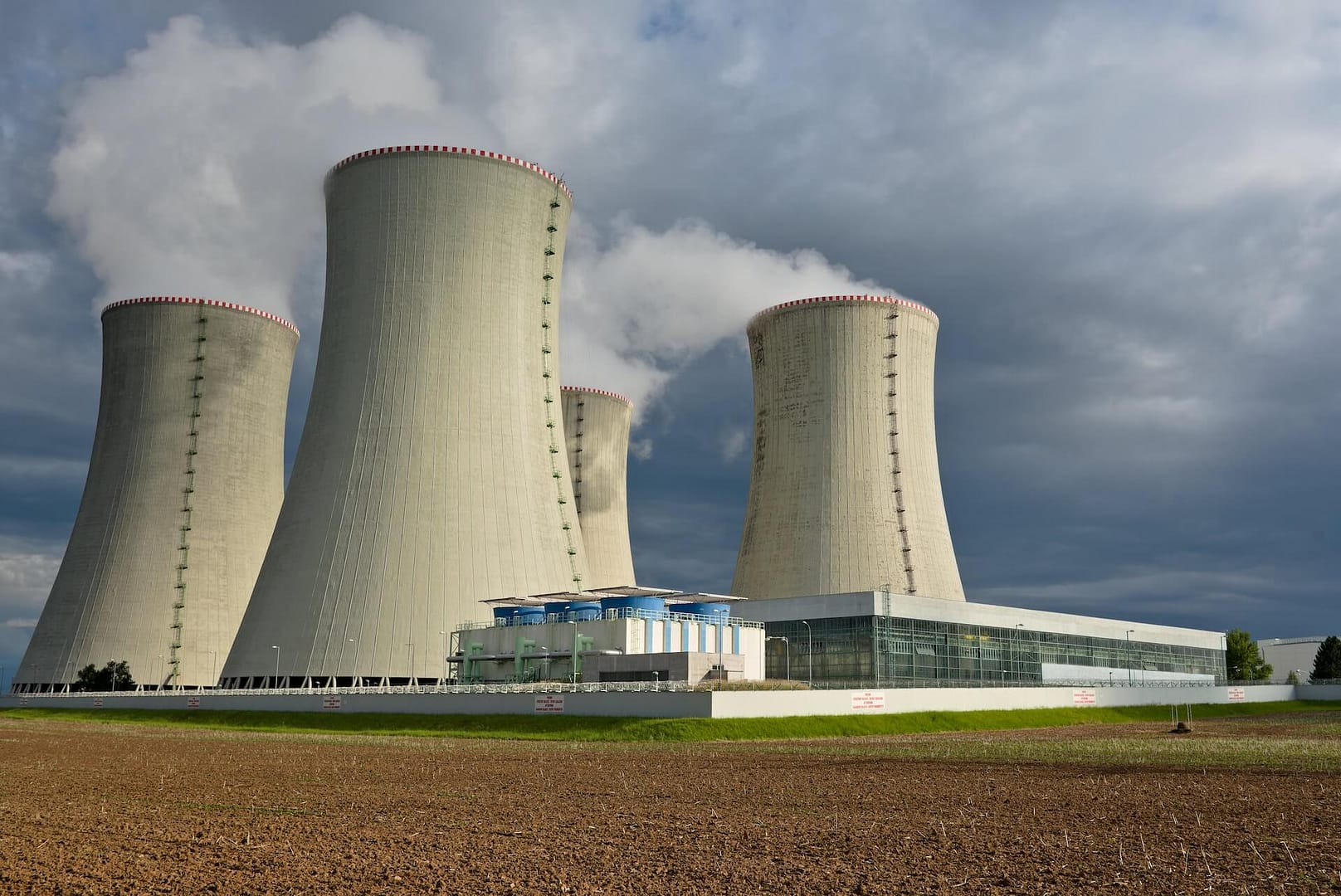In high-risk industries, where every action can mean the difference between life and death, safety is paramount. From construction sites to chemical plants, from offshore drilling rigs to healthcare facilities, ensuring the well-being of workers and the surrounding community is a top priority. The importance of workplace safety cannot be overstated. In this article, we will delve into advanced safety measures for high-risk industries, focusing on the five key areas of health and safety.
The Five Key Areas of Health and Safety
Before we explore advanced safety measures, let’s first understand the foundational elements of health and safety in high-risk industries. These five key areas provide the basis upon which advanced safety measures can be built:
Hazard Identification and Risk Assessment
Identifying potential hazards is the initial step in any safety program. It involves recognizing and evaluating risks associated with the industry, machinery, chemicals, and work processes. Regular risk assessments are conducted to stay updated on evolving risks.
Training and Education
Workers must be knowledgeable about safety protocols and procedures specific to their industry. Comprehensive training programs equip employees with the skills and awareness necessary to mitigate risks. Regular safety drills and refresher courses are essential to ensure that knowledge remains up-to-date.
Safety Equipment and Personal Protective Gear
High-risk industries often require specialised safety equipment and personal protective gear. Helmets, goggles, respirators, gloves, and other protective gear are integral to safeguarding employees from hazards. These must be provided and maintained in optimal condition.
Emergency Response and Preparedness
In the face of potential disasters or accidents, preparedness is key. High-risk industries must have well-defined emergency response plans in place. Regular drills and simulations help employees react quickly and effectively during critical situations.
Regulatory Compliance
High-risk industries are often subject to stringent regulations and standards. Compliance is not optional; it is mandatory. Keeping up with changing regulations is crucial to ensure that the workplace is safe and meets all legal requirements.
Now, let’s take a closer look at some high-risk industries and the advanced safety measures they employ.
Examples of High-Risk Industries
Construction Industry
The construction industry is one of the most high-risk sectors. Workers are exposed to a variety of dangers, including falls from heights, heavy machinery accidents, and electrical hazards. To enhance safety in construction, advanced measures include:
Fall Arrest Systems: Workers are equipped with harnesses and lanyards that prevent them from falling in case they lose their balance.
Heavy Equipment Safety Training: Operators are trained rigorously to handle heavy machinery safely, reducing the risk of accidents.
Site-Specific Safety Plans: Each construction site has unique challenges and hazards. Developing site-specific safety plans helps address these concerns.
Chemical Industry
Dealing with hazardous materials and chemicals requires a high level of safety precautions. In the chemical industry, advanced safety measures include:
Chemical Hazard Assessments: Rigorous assessments of chemicals and their potential hazards are conducted. This information is essential for developing safety protocols.
Automated Monitoring Systems: High-tech sensors and automated monitoring systems detect leaks, spills, or abnormalities, enabling immediate responses.
Emergency Shutdown Systems: In case of a critical incident, emergency shutdown systems can prevent catastrophic accidents by quickly shutting down operations.
Offshore Oil and Gas Industry
Operating in the challenging environment of offshore drilling platforms is a high-stakes endeavour. Advanced safety measures in the offshore oil and gas industry include:
Remote Monitoring: Advanced technology allows for remote monitoring of equipment and systems, reducing the need for human presence in high-risk areas.
Lifeboats and Evacuation Systems: Specialised lifeboats and evacuation systems are designed to withstand harsh offshore conditions and ensure quick evacuation in emergencies.
Blowout Preventers: These critical safety devices are designed to prevent uncontrolled releases of oil or gas in the event of a well blowout.
Healthcare Industry
While saving lives is the primary focus of healthcare, the industry itself is not without risks. In healthcare, advanced safety measures include:
Infection Control Protocols: Stringent infection control measures are crucial to prevent the spread of diseases in healthcare facilities.
Safe Patient Handling: Advanced lifting equipment and ergonomic strategies help reduce injuries among healthcare workers while transferring or repositioning patients.
Electronic Health Records (EHR) and Medication Barcoding: EHRs and barcoding systems help prevent medication errors, a major source of patient harm.
Nuclear Power Industry
Nuclear power plants operate under the constant threat of catastrophic events. Advanced safety measures in the nuclear power industry include:
Redundancy and Backup Systems: Critical systems are duplicated with backup systems in case of failures, ensuring continued operation.
Seismic Safety: Nuclear power plants located in earthquake-prone areas have advanced seismic safety measures in place to withstand seismic activity.
Radiation Monitoring: Advanced radiation monitoring systems track radiation levels in real-time and alert operators to potential leaks.
In these high-risk industries, advanced safety measures are continually evolving to adapt to changing risks and technological advancements. While these examples provide a glimpse into advanced safety practices, it’s important to remember that each industry’s approach to safety will be unique, based on its specific challenges and risks.
Making an Accident at Work Claim with National Claims
At National Claims, we understand the critical importance of safety in high-risk industries. Our primary focus is on helping those who have been affected by workplace accidents, supporting them through the process of making a claim. While we advocate for advanced safety measures, we also recognize that accidents can still occur. In such cases, our role is to provide guidance and assistance to the injured parties.
The National Claims Difference
National Claims is a leading authority in the field of workplace accident compensation claims. We take pride in offering expert legal advice and support to individuals who have suffered injuries in high-risk industries. Our dedicated team of legal professionals specialises in understanding the complexities of these industries and the unique challenges they pose.
Comprehensive Legal Expertise
Our legal experts possess in-depth knowledge of the specific regulations and safety protocols governing high-risk industries. This expertise enables us to provide guidance tailored to each individual case. We work diligently to ensure that our clients receive the compensation they deserve.
Personalised Service
At National Claims, we believe in a personalised approach to every accident at work claim. We understand that each case is unique, and the circumstances surrounding workplace accidents can vary significantly. Our commitment is to ensure that our clients’ cases receive the attention and care they deserve.
The Claim Process
When an accident occurs in a high-risk industry, the process of making an accident at work claim can be daunting. We are here to simplify this process and provide support at every step.
Initial Consultation
The first step in making a claim is to contact National Claims for an initial consultation. During this consultation, our legal experts will assess the details of the accident, the injuries sustained, and the potential liability of the employer or third parties.
Legal Evaluation
After the initial consultation, our legal team conducts a thorough evaluation of the case. This includes reviewing all relevant evidence, such as medical records, accident reports, and witness statements. We determine the strength of the claim and its potential for success.
Claim Initiation
Once we are confident in the viability of the claim, National Claims will initiate the legal process. This involves sending a letter of claim to the responsible parties, outlining the details of the accident and the compensation sought.

Conclusion
In high-risk industries, advanced safety measures are essential to protect the well-being of workers and the community. However, accidents can still occur, and when they do, National Claims is here to provide support and guidance. We understand the intricacies of high-risk industries and the challenges they pose. Our commitment is to assist those who have suffered injuries at work in navigating the complex process of making accident at work claims.
While safety remains the top priority, we recognise that accidents can happen, and the victims deserve compensation for their injuries. National Claims offers a personalised approach, comprehensive legal expertise, and a commitment to securing the best possible outcome for our clients. When accidents occur in high-risk industries, National Claims is your trusted partner in pursuing justice and compensation.
Begin your claim today and speak to one of our claims specialists by contacting us.
Click below to see why we are one of the most trusted claims management companies in the UK.

We’re proud of our excellent customer reviews
We thrive on delivering exceptional service and ensuring our clients’ satisfaction. Don’t just take our word for it. Check out some of our independent reviews to see what our clients have to say.
Excellent

This firm is excellent, they sorted out my car pay out and injury claim very fast, they always communicate with you all the time.

My accident case was dealt with confidence and with great result of the outcome, especially James kept me informed all the time.

I was very impressed at the way my inquiry was treated. I was listened to attentively and everything I needed to know was explained to me.






